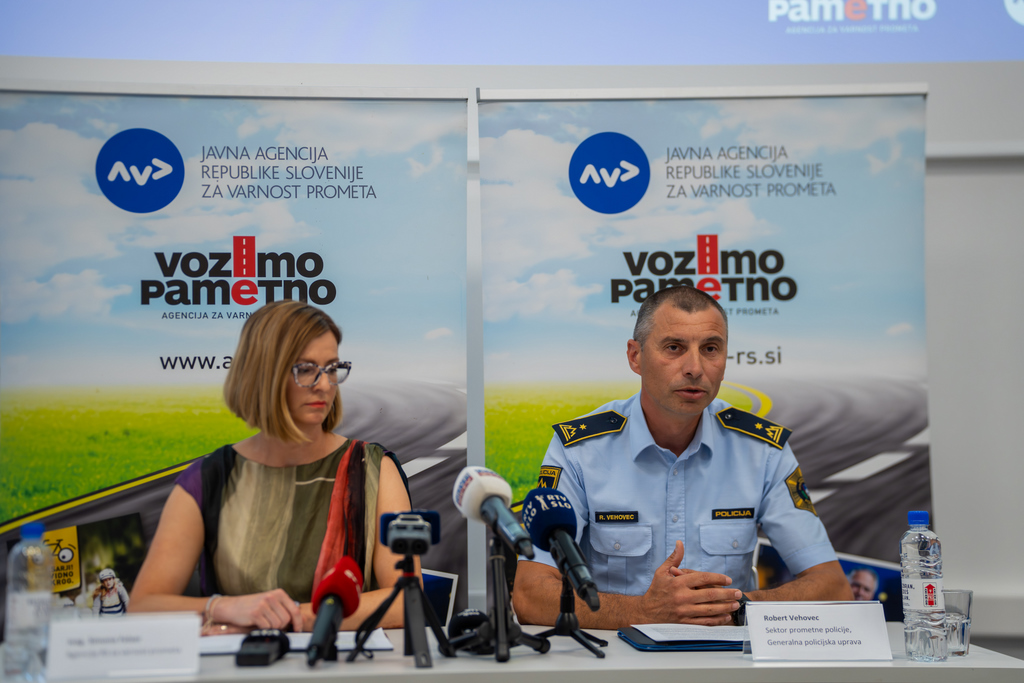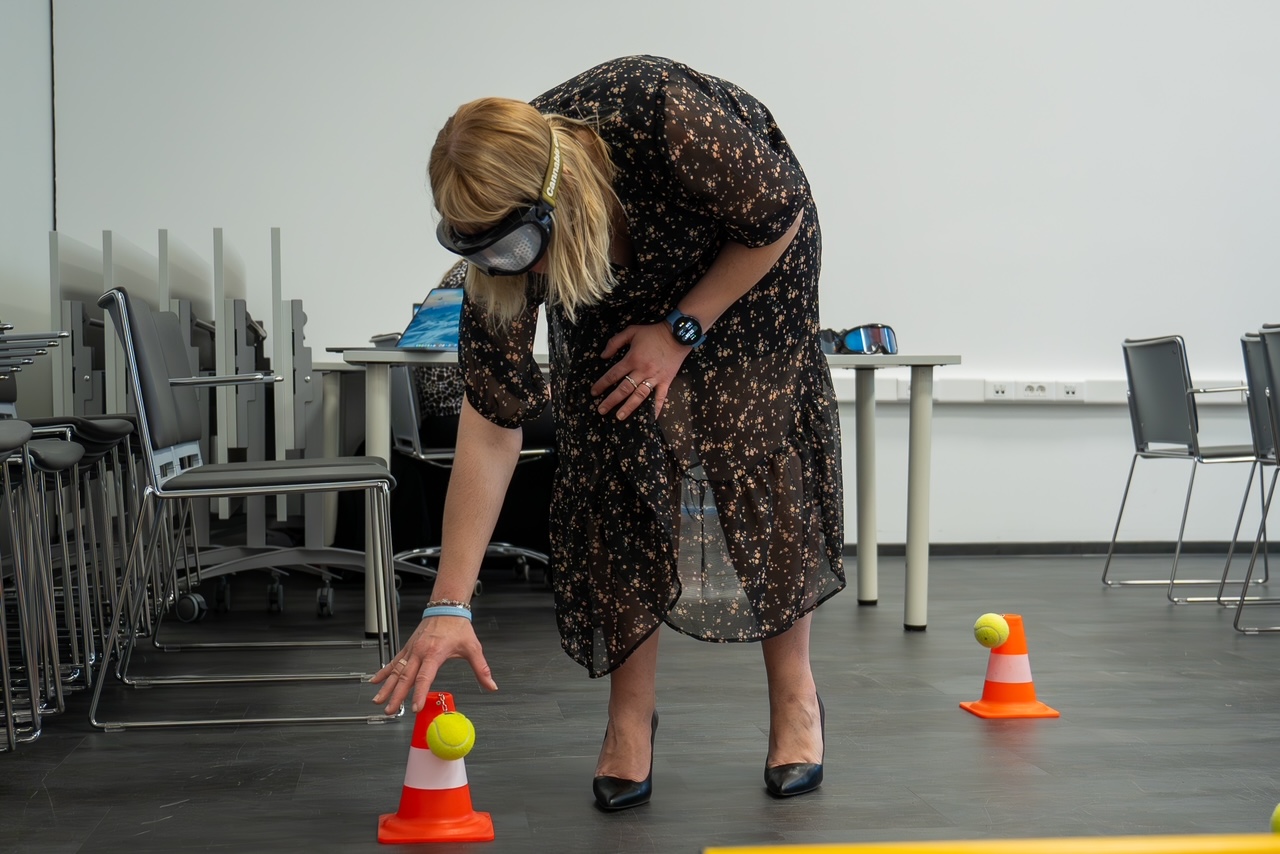On 17 June 2024, the European Roads Policing Network (Roadpol) launched the pan-European enforcement action called Operation Alcohol & Drugs. The Slovenian police is joining the operation by carrying out intensified checks of the drivers' psycho-physical condition from 17 to 30 June 2024. They will be specifically checking for any signs of driving under the influence of alcohol, illicit drugs, psychoactive drugs or other psychoactive substances. This weekend, during the night from Friday to Saturday, the police will conduct a 24-hour Alcohol & Drugs Marathon, rigorously assessing drivers' fitness to operate vehicles.

Slovenian Traffic Safety Agency survey reveals alarming statistics on drug driving
According to the national survey on driving a motor vehicle under the influence of drugs, alcohol and other psychoactive substances, over a quarter (26%) of respondents admitted to using drugs within the last year. During this period, the most commonly used drug among the respondents was cannabis (joint, weed, marijuana and hashish), followed by cocaine, MDMA (ecstasy), hallucinogens (LSD, mushrooms, 2C-B) and tranquillizers (helix, apaurin, quentiax/quetiapin). Over a third of respondents (34%) have admitted to taking drugs at least once a year. The most shocking discovery is that over a quarter of them (27%) take drugs at least once a week.
"Slovenian Road Safety Agency continuously draws attention to the dangers of driving under the influence of psychoactive substances. Despite our efforts, a staggering 61% of respondents admitted to drug driving in the past year. Even more concerning is that almost half (48%) of them mixed drugs with alcohol. Most alarming, however, is that 40% of respondents drove under the influence with at least one passenger in the vehicle, and in 91% of the cases, the passengers were aware that the driver was drug driving," said Simona Felser, Director of the Slovenian Road Safety Agency.
Increasing trend in drug driving
"Over the last 20 years, the Slovenian police has been increasingly specialising in detecting individuals driving under the influence of illicit drugs and other psychoactive substances. Although these numbers remain relatively low compared to cases of drink driving, we would like to draw attention to a noticeable increase of drug-driving offences," said Robert Vehovec from the Traffic Police Division of the General Police Directorate.
Drunk and drugged drivers endanger all road users
Drugs affect drivers by impairing their judgement of safe distances and the speed of oncoming vehicles. They also reduce their coordination, concentration and attention, and affect their overall situational awareness. Additionally, drugs cause drivers to become less self-critical and more prone to risk-taking. They often overestimate their own abilities, experience slower reaction times and have a narrower field of vision.
Even medications intended to enhance cognitive performance, such as those used for learning, can impair driving ability and increase the risk of accidents. This risk is further heightened when drivers simultaneously use multiple psychoactive substances (alcohol, cannabis, stimulants).
Alcohol- and drug-related accidents can be prevented
Road traffic accidents caused by alcohol and, in many cases, illicit drugs are completely unacceptable. We therefore urge all drivers to act responsibly when on the road. Only get behind the wheel when you are in a clear state of mind. If you are impaired by any substance, please find a safe alternative mode of transport!


